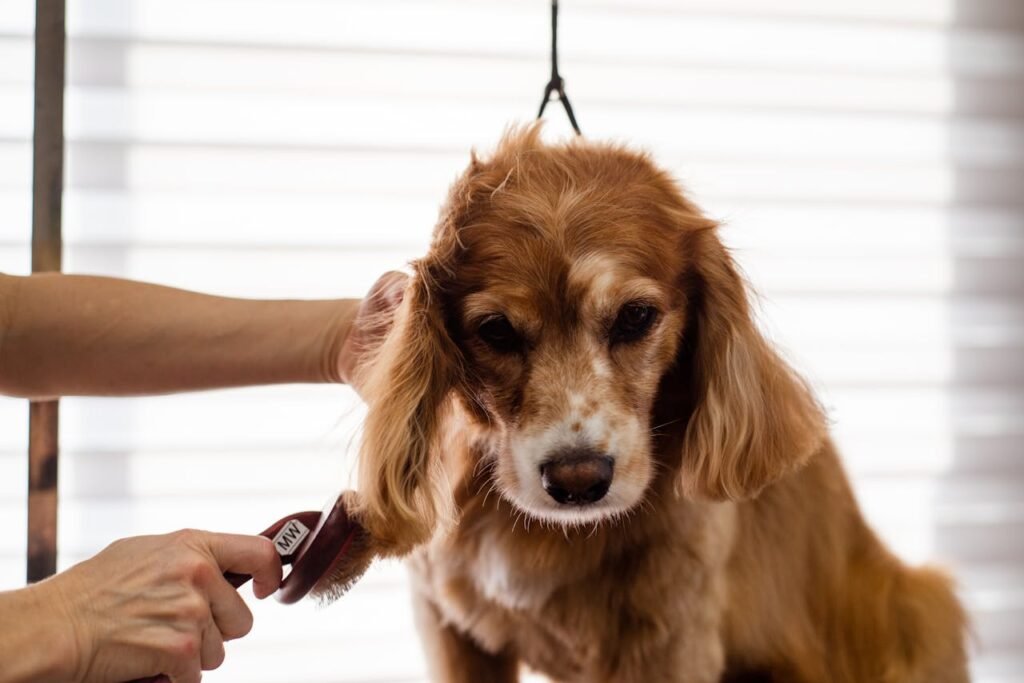Dog Routine Care: A Guide to Keeping Your Canine Happy and Healthy
Owning a dog is one of life’s greatest joys, but it also comes with the responsibility of ensuring their daily care needs are met. Whether you’re a new dog parent or a seasoned pro, establishing a routine for your furry friend is essential for their well-being. Here’s a comprehensive guide to help you navigate your dog’s routine care:

1. Grooming:
- Brushing: Regular brushing helps to remove loose fur, prevents matting, and keeps their coat shiny. The frequency depends on your dog’s breed and coat type.
- Bathing: Bathe your dog as needed using a gentle dog shampoo that won’t strip their natural oils. Avoid over-bathing, as it can dry out their skin.
- Nail Trimming: Keep your dog’s nails trimmed to a comfortable length. If you’re unsure how to do this safely, ask your veterinarian or a professional groomer for guidance.

2. Nutrition:
- Balanced Diet: Provide your dog with a balanced and nutritious diet suitable for their age, size, and breed. Consult with your veterinarian to determine the best food options.
- Regular Feeding Schedule: Establish a consistent feeding schedule and portion sizes to maintain their ideal weight and digestive health.
- Fresh Water: Always ensure your dog has access to fresh, clean water throughout the day.

2. Exercise:
- Daily Physical Activity: Dogs need regular exercise to stay healthy and mentally stimulated. Aim for at least 30 minutes to 1 hour of physical activity per day, such as walks, playtime, or fetch.
- Mental Stimulation: Incorporate interactive toys, puzzle feeders, or training sessions to keep your dog’s mind engaged.

4. Veterinary Care:
- Routine Check-ups: Schedule regular veterinary visits for vaccinations, preventive care, and health screenings. Early detection of health issues can lead to better outcomes.
- Parasite Control: Implement a regular flea, tick, and heartworm prevention regimen recommended by your veterinarian.
- Dental Care: Maintain your dog’s dental hygiene by brushing their teeth regularly and providing dental chews or treats approved by your vet.

6. Monitoring Health:
- Observation: Keep an eye on your dog’s behavior, appetite, and bathroom habits. Any changes could indicate potential health concerns.
- Prompt Action: If you notice unusual symptoms or behaviors, consult your veterinarian promptly for advice and possible medical intervention.
- Social Interaction: Dogs are social creatures and thrive on companionship. Spend quality time bonding with your dog through play, training, and affectionate gestures.
- Comfortable Environment: Provide a safe and comfortable living space for your dog, including a cozy bed, shelter from extreme weather, and access to shade and water outdoors.

6. Monitoring Health:
- Observation: Keep an eye on your dog’s behavior, appetite, and bathroom habits. Any changes could indicate potential health concerns.
- Prompt Action: If you notice unusual symptoms or behaviors, consult your veterinarian promptly for advice and possible medical intervention.


